Good morning, Ladies and Gentlemen, whom God Almighty glorifies.
I am deeply honored and genuinely touched to receive the invitation from the Philippine Interfaith Movement Against Human Trafficking (PIMAHT) to participate in this Multisectoral Conference on Human Trafficking in Southeast Asia. This gathering is not just another meeting; it is a hopeful opportunity, a sacred space where our shared values converge to address one of the most devastating crises facing humanity—human trafficking.
Human trafficking is not confined to our region alone. It has tragically become a global humanitarian crisis that claims millions of lives, stripping victims of dignity, freedom, and the right to live as respected members of society. It is heartbreaking to acknowledge that this crime continues to grow in scale and complexity, preying on the most vulnerable among us.
Human Trafficking: A Global and Regional Crisis
When we speak about human trafficking in Southeast Asia, we must recognize that it is both a local tragedy and a transnational crime. Victims are often deceived with false promises of work, education, or marriage, only to find themselves trapped in forced labor, sexual exploitation, or modern slavery.
Statistics may reveal the numbers, but behind every figure is a face, a name, a family torn apart. This is why our collective effort must go beyond research papers or reports. We must focus on collaboration, action, and advocacy. Every major religion—Islam, Christianity, Buddhism, Hinduism, and others—teaches us that human beings are never to be treated as commodities. Trafficking in persons, in any form or context, is a violation of our shared moral compass.
Islamic Perspective on Human Dignity and Protection
Islamic teachings offer a profound moral framework to address human trafficking. Sharia law, far from being a system of punishment, is essentially designed to safeguard five essential aspects of human life:
-
Maintaining Religion – Respecting every person’s right to practice their faith freely.
-
Protecting the Soul – Preserving human life and preventing any form of violence or exploitation.
-
Protecting Reason – Guarding minds from harm, deception, and manipulation.
-
Protecting Descendants – Ensuring family integrity and protecting future generations.
-
Protecting Property – Guaranteeing fair distribution of resources and protecting individual rights.
Through these principles, Islam insists that every individual has the right to live with dignity, freedom, and security. Human trafficking directly contradicts this vision, as it undermines the sanctity of life, faith, reason, family, and property.
The Prophetic Mission: Ending Oppression and Slavery
From its earliest days, the mission of Islam sought to liberate humanity from oppression. The Prophet Muhammad (peace be upon him) tirelessly fought against the practices of Jahiliyyah (the age of ignorance), where slavery and exploitation were normalized. He worked to dismantle systems of injustice and to restore dignity to those who were treated as less than human.
Slavery and human trafficking are diametrically opposed to the humanitarian mission of Islam and to the broader mission of faith-based communities worldwide. According to the Qur’an, human beings are created as khalifah—representatives of God on earth—tasked with upholding justice, compassion, and the rights of others. To strip someone of these rights through trafficking is not only a crime against humanity but also a rebellion against divine principles.
Interfaith Solidarity and Humanitarian Action
While Islamic principles clearly prohibit human trafficking, the fight against this crime cannot be the responsibility of one community alone. This struggle requires interfaith solidarity and multisectoral cooperation. Governments, civil society, faith-based organizations, and ordinary citizens must work hand in hand to raise awareness, enact stronger laws, and protect victims.
For more than 30 years, the Asian Muslim Action Network (AMAN)—an interfaith platform—has been actively addressing humanitarian challenges across Asia. This long-standing commitment demonstrates that unity across faiths is not only possible but necessary. By uniting Muslims, Christians, Buddhists, Hindus, and other faith traditions, we amplify our voices and strengthen our campaigns to end human trafficking.
Southeast Asia and South Asia: The Urgency of Action
Our gathering today is particularly important for Southeast Asia and South Asia, two regions tragically vulnerable to the networks of human trafficking. Factors such as poverty, weak law enforcement, gender inequality, and labor migration make communities easy targets for traffickers.
The outcomes of this conference must therefore not remain on paper. They must be translated into policies, grassroots programs, and international cooperation that directly protect victims and dismantle trafficking networks. By working together, our decisions today can echo across borders and inspire global change.
Faith, Hope, and the Call to End Modern Slavery
In this noble struggle, we find solace in the belief that God is always watchful and caring. The fleeting profits traffickers gain from exploiting others can never outweigh the eternal grief and suffering endured by victims. Their pain is a constant reminder of our shared responsibility.
As faith leaders, community members, and global citizens, we must declare together: human trafficking has no place in our societies. We must raise our voices to protect those who cannot speak, extend our hands to those in chains, and work tirelessly until modern slavery is eradicated.
Conclusion: A Shared Responsibility
Ladies and Gentlemen,
Human trafficking is not simply a crime—it is a direct assault on human dignity and the moral fabric of society. From an Islamic perspective, and from the perspective of every great religious and humanitarian tradition, it is unequivocally prohibited. The mission before us is clear: to restore dignity, protect the vulnerable, and ensure justice prevails.
Let us stand united—Muslims, Christians, Buddhists, Hindus, governments, NGOs, and ordinary citizens—in this sacred mission. May our actions today plant the seeds of freedom and justice for generations to come.
And may God Almighty bless our efforts, strengthen our compassion, and guide us to a world where human trafficking no longer exists.


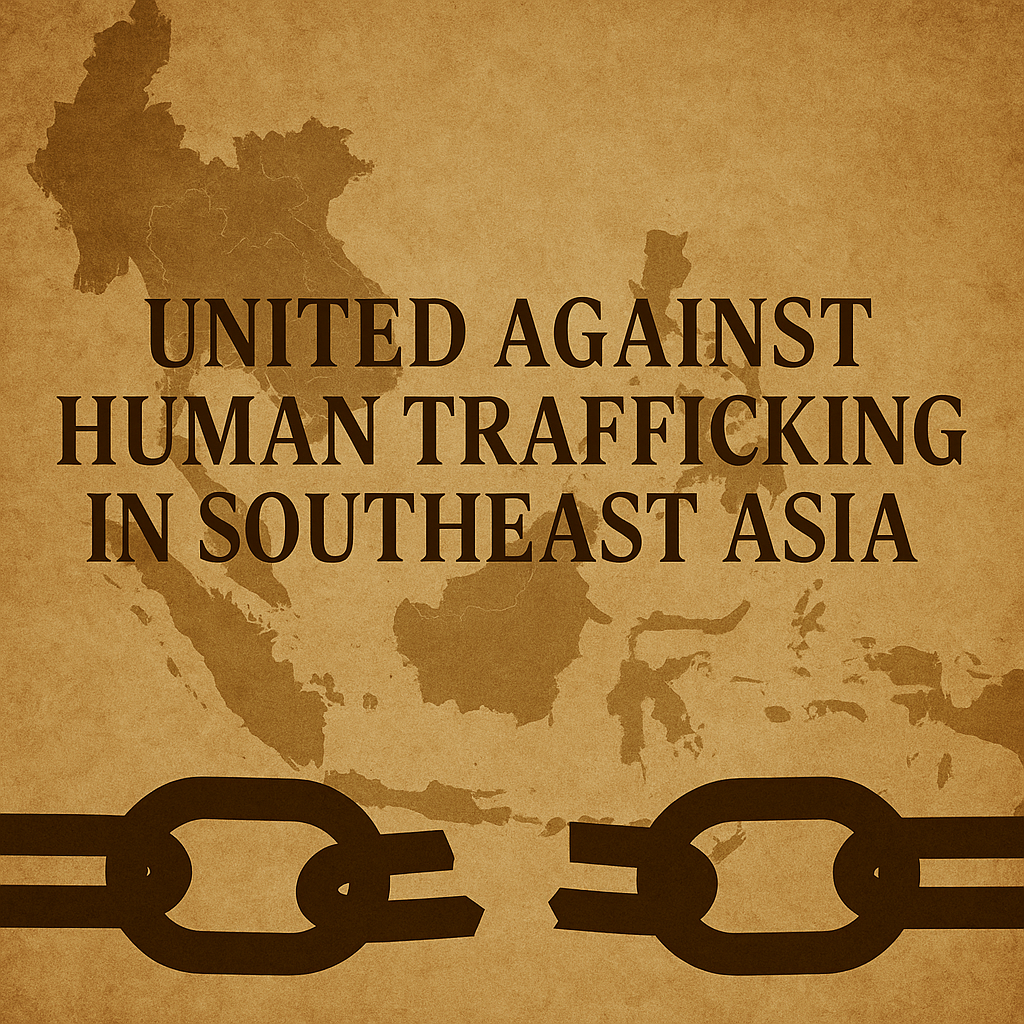

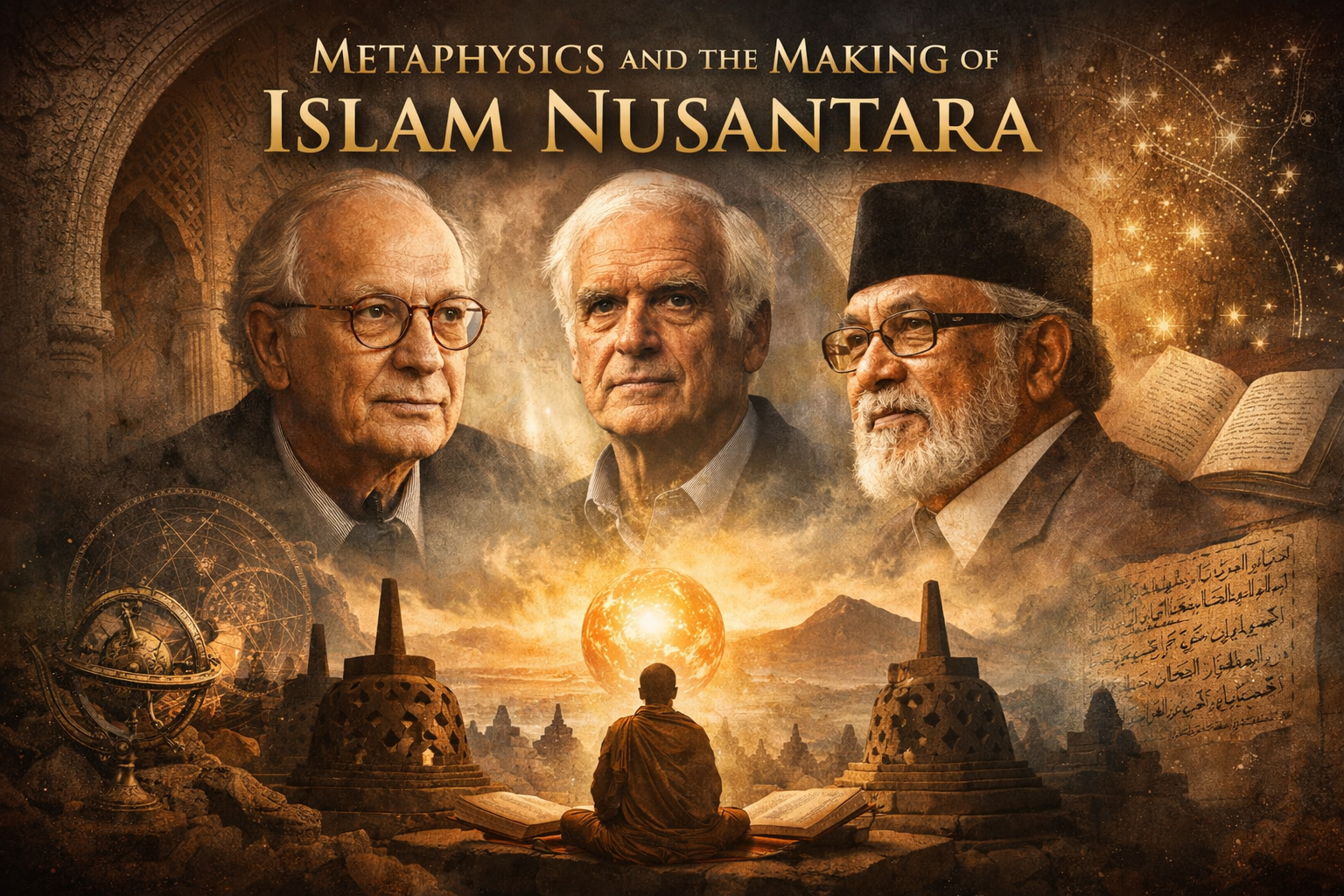
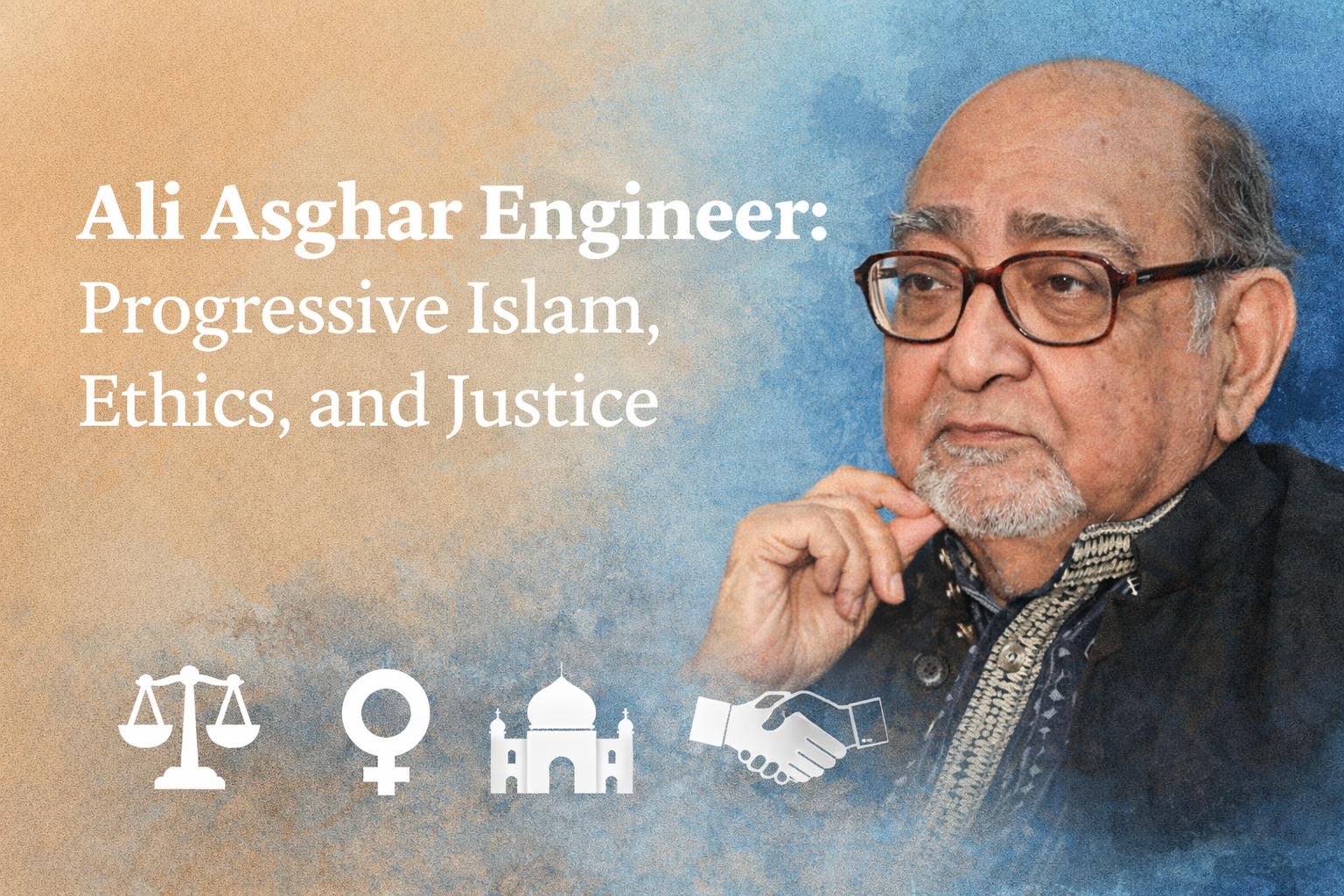
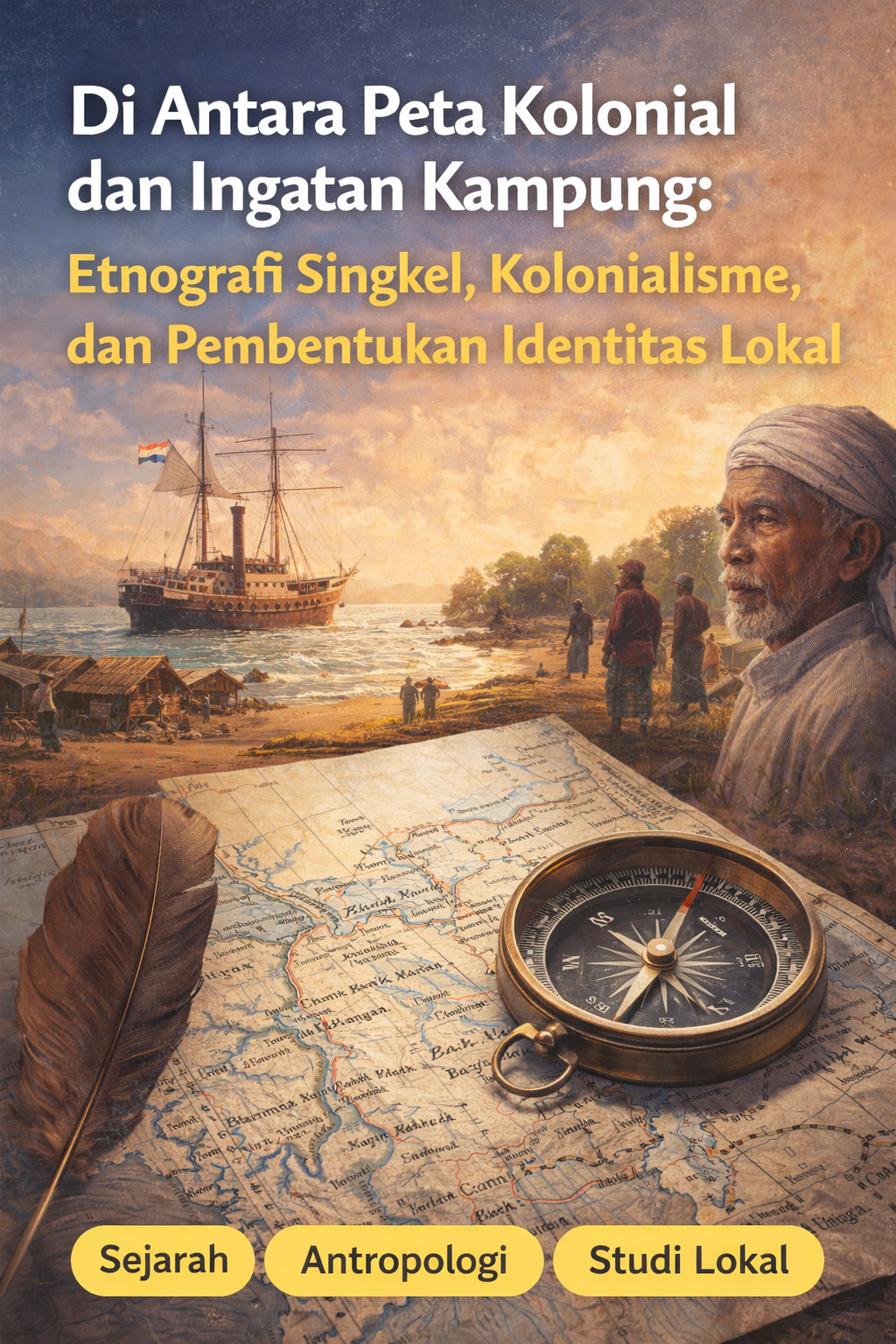
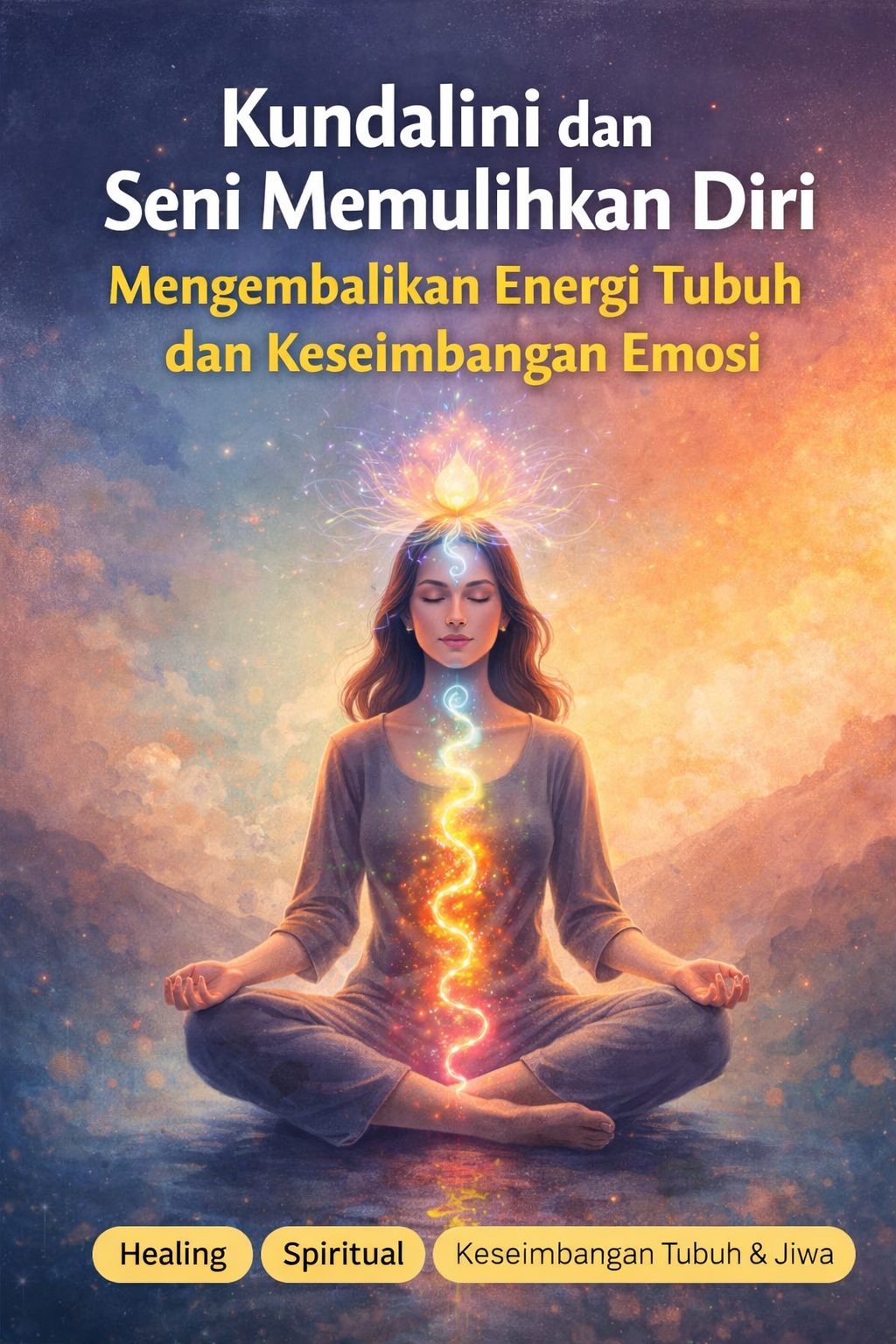
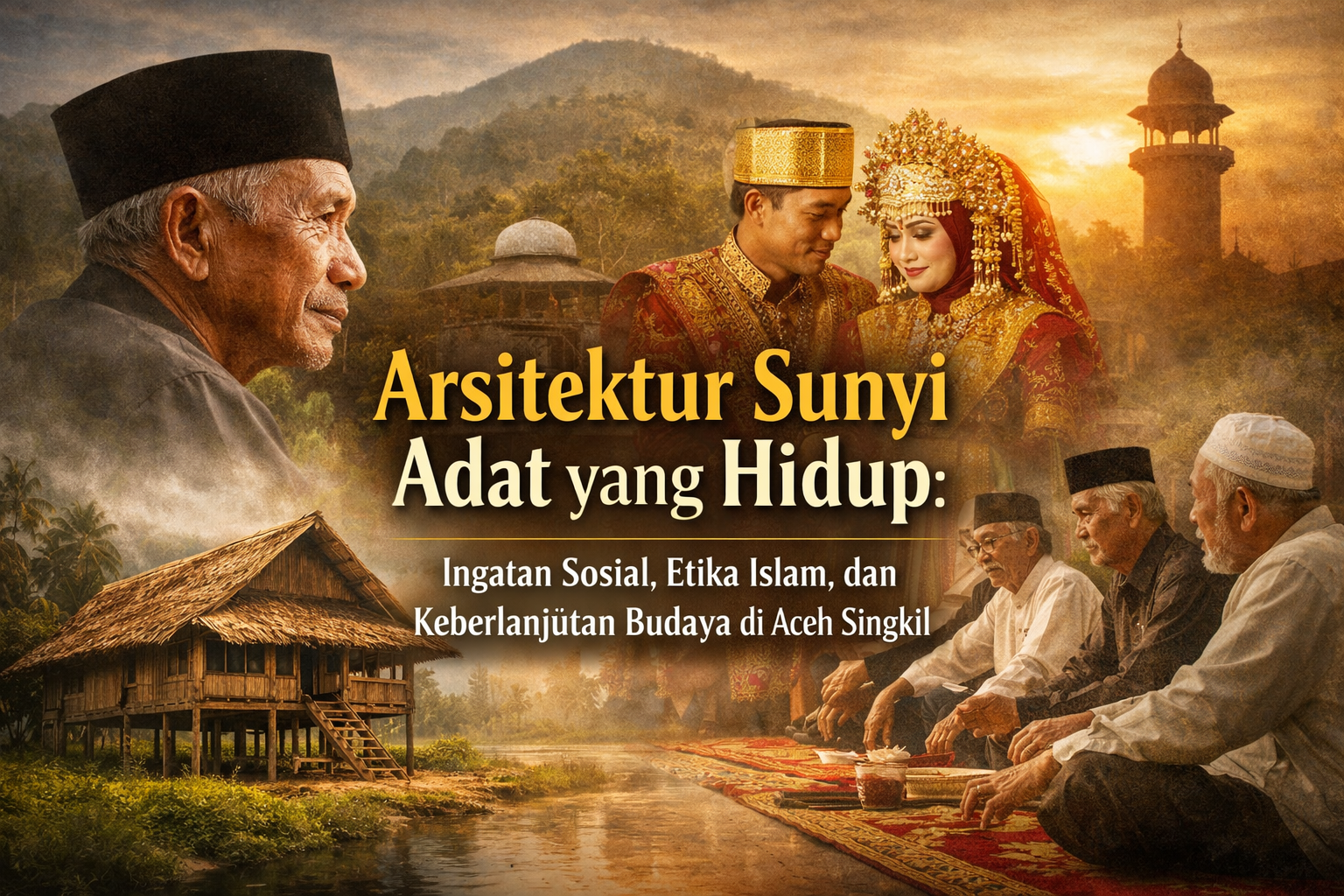
Leave a Reply